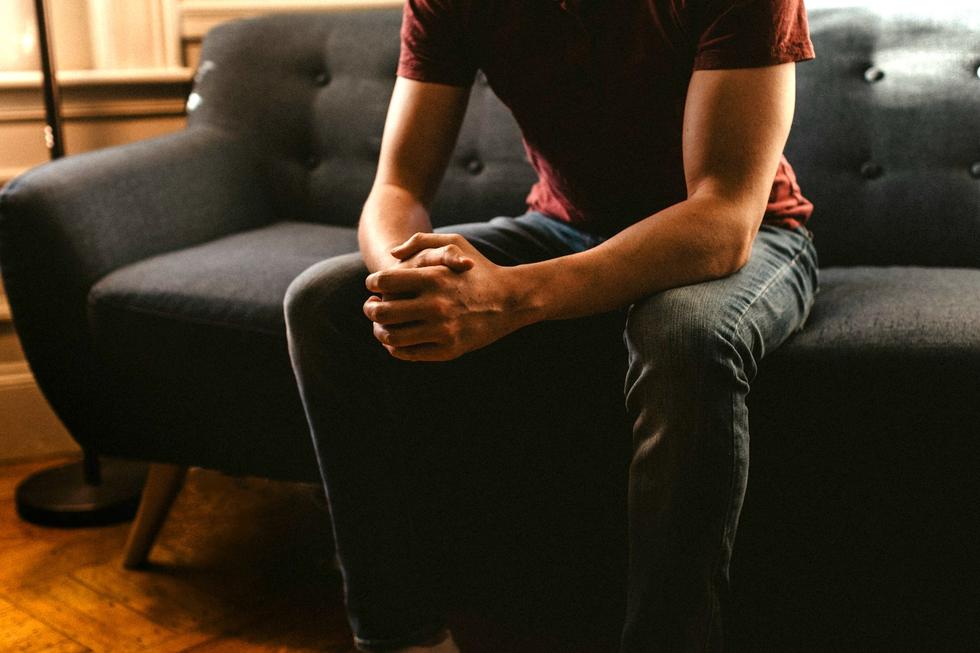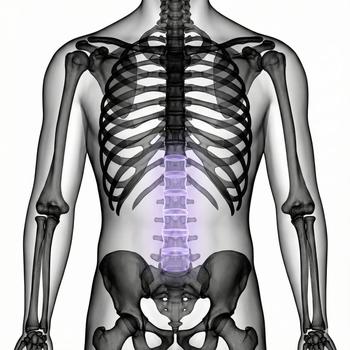Quick version
- Back pain that gets worse when you sit can be a sign of a herniated disc in the lumbar spine, where increased pressure affects the discs and nerves.
- Common symptoms include pain radiating down the leg (sciatica), aching or burning pain, and relief when moving or standing.
- Additional signs include numbness, weakness in the leg, stiffness, and pain when coughing or straining.
- Early action is important - recognizing the symptoms can help you seek the right care in time.
- MRI scan of the lumbar spine is the most reliable way to detect a herniated disc and possible nerve damage.
Why does sitting hurt more when you have a herniated disc?
Sitting hurts more when you have a herniated disc because the pressure on the discs between the vertebrae increases – especially in the lumbar spine. In some people, the disc bulges further back when sitting, which can irritate or press on a nerve root. This is precisely what causes the rushing, radiating or throbbing pain that many people associate with herniated disc and sciatica.
Typical of sitting-related pain in herniated discs:
- The pain increases after 15–30 minutes in a sitting position
- Often improves with movement or standing
- Can radiate down the leg (sciatica)
- Experienced as throbbing, burning or electric
Other common symptoms of herniated discs
In addition to increased pain in a sitting position, you may experience:
- Lower back pain – often one-sided
- Tingling, numbness or weakness in the leg
- Impaired mobility and stiffness
- Worsened pain when coughing, sneezing or exercising
When the nerves are affected, it is called herniated disc with nerve damage. This requires special attention.
What can you do if you suspect a herniated disc?
If you experience back pain that worsens when sitting – and also feel that you have radiating or numbness – it may be wise to read more about herniated disc and common symptoms. An early understanding of what is happening in the body can help you make the right decision.
How to find out if your pain is due to a herniated disc
To determine for sure whether your back problems are due to a herniated disc, an imaging examination is often required. A very reliable method is a MRI (magnetic resonance imaging) scan of the lumbar spine, which clearly shows discs, nerves and any compression.























